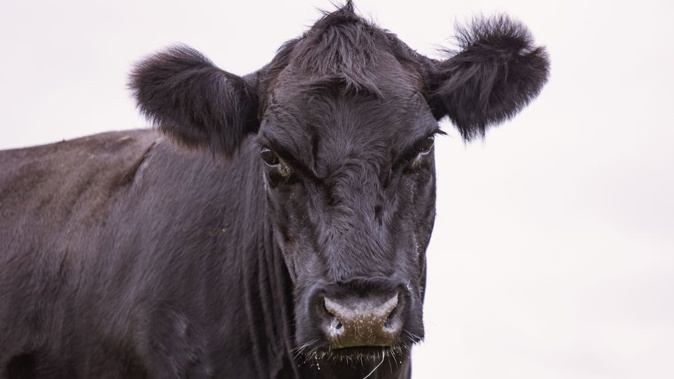
A scheduled meeting of the Otago Regional Council (ORC) to vote on a critical land and water plan was abruptly altered following an eleventh-hour government intervention.
The change left council members and farmers across Otago grappling with the intervention, which postponed the council’s proposed Land and Water Regional Plan (pLWRP).
The proposed vote would have determined whether to notify or pause the plan, but it was pulled after the Government introduced an amendment to the Resource Management Act (RMA) on Tuesday afternoon, blocking councils from notifying freshwater plans until a new National Policy Statement for Freshwater Management (NPS-FM) is in place.
Agriculture Minister Todd McClay said the Government was taking this step to “provide farmers the clarity they need around freshwater management and to minimise inefficiencies and duplication for councils, and prevent unnecessary costs for ratepayers”.
The meeting was held at the Otago Museum on Wednesday, a larger venue than usual, in anticipation of a high level of public interest.

Agriculture Minister Todd McClay. Photo / NZME
Federated Farmers Otago president Luke Kane said “a few speakers” were geared up to speak at the meeting, “but the Government’s intervention changed things quite drastically”.
He said the delay gave farmers time to help give the council an understanding of what was happening around the region.
“There’s a fair point of nuances right across Otago on different climates and soil types, weather and all these sorts of things. We need to explain some of the differences there.”
In a statement on Tuesday afternoon, ORC’s chief executive, Richard Saunders, confirmed the council had pulled the paper on the pLWRP explaining the Government’s amendment pre-empted the scheduled vote.
ORC chairwoman Gretchen Robertson acknowledged the change and said the council now needed time to assess the full implications for Otago’s communities.
While the planning process has been paused, Robertson assured that work on freshwater improvements will continue in collaboration with mana whenua and local stakeholders.
“This has been a significant process, and everyone has worked democratically towards a plan that’s been years in the making,” she said.
Kane said that while farmers were committed to protecting the environment, these plans must also be practical and affordable.
“This is not going to have an adverse outcome to the environment. [Farmers] will continue to do plantings and area fencings and all the things that farmers do anyway, that’s not going to change. It’s just purely the practicalities and cost-effectiveness of what they were trying to bring in are going to be reviewed.”
Environment Minister Penny Simmonds said councils would still have an avenue to progress their freshwater plans in some circumstances by applying for approval from the Minister for the Environment.
“We look forward to working alongside councils as we develop the replacement NPS-FM. We will have more to say about it early next year.”
Dunedin’s Labour MP Rachel Brooking voiced strong criticism of the Government’s actions.

Dunedin’s Labour MP Rachel Brooking. Photo / Supplied
“It was an outrageous, abusive process,” Brooking said.
“The council has been working on this plan for five years, with $18 million spent and significant public consultation. To stop it now, without clarity on the future policy, is incredibly frustrating.”
Brooking said there was an inconsistency in the Government’s position.
“This is a party that campaigned against centralisation, yet here we have Wellington stepping in at the last minute to block a democratically elected council’s work,” she said.
Kane said he was hopeful the upcoming changes to the NPS-FM would strike a balance between environmental sustainability and economic viability.
“It’s been a tough few weeks with the weather and everything else going on ... But we’re committed to working with the council and ensuring that the voices of farmers are heard in this process.”
It comes as Federated Farmers Southland urges a boycott on fishing licences and the removal of angler access to private land following a court ruling supporting Fish & Game’s appeal for tougher restrictions on the RMA earlier this month.
At the time, Federated Farmers Southland president Jason Herrick said Fish & Game’s “anti-farming” stance has soured relations, prompting the call for action.
While farmers were committed to protecting water quality, the decision undermined practical, co-operative approaches to land and water management, he said.
Ben Tomsett is a multimedia journalist for the New Zealand Herald, based in Dunedin.
Take your Radio, Podcasts and Music with you









